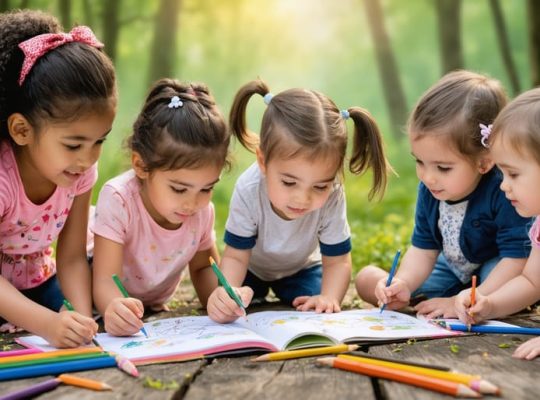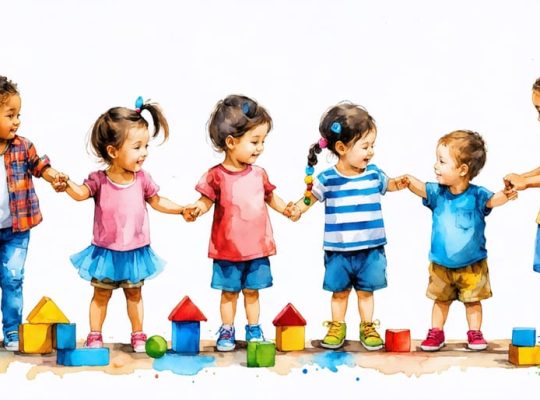How Friendship Shapes Your Child’s Sense of Self: A Parent’s Guide to Identity and Connection
The intricate dance between personal identity and intimacy shapes how our children grow, learn, and form meaningful connections throughout their lives. As parents and caregivers, we witness firsthand how our children’s sense of self blossoms through their relationships with others, particularly as they develop emotional strength through friendships and family bonds.
Recent research reveals that children who form secure attachments and healthy relationships during their formative years develop stronger self-…



